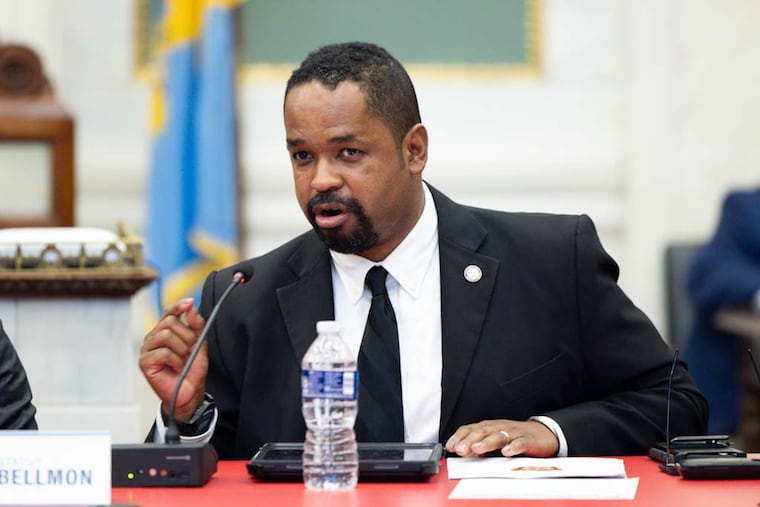Stop-and-go task force makes recommendations for controlling this longtime Philly headache
State legislators will now decide what to do with the task force’s recommendations.

After months of business visits and hearings, it only took an eight-minute meeting on Oct. 2 for the bipartisan Pennsylvania Stop-and-Go Legislative Task Force to unanimously approve recommendations on how to rid Philadelphia of nuisance stop-and-go stores. Now it’s up to the General Assembly to create legislation based on the recommendations to better regulate the city’s stop-and-gos.
Stop-and-gos are convenience stores or delis that have a restaurant or eating-place license but do not actually function as a legitimate restaurant. They rarely sell food that isn’t packaged, have little to no space for indoor dining, and lack a public restroom. But they do sell significant quantities of beer and liquor, often consumed immediately outside the stop-and-go store. Community groups over the years have found it difficult to either shut them down or force them into compliance.
“Frankly, the negative things happening inside and outside these establishments act like a magnet to bring the wrong crowds,” said Chuck Moran, executive director of the Pennsylvania Licensed Beverage and Tavern Association, during a recent task force hearing in Philadelphia.
Task force makes final recommendations
The final report of the task force, which was established last December by Gov. Josh Shapiro, outlined eight recommendations for the General Assembly to consider, including strengthening the license compliance program, increasing penalties and fines for all violations, and hiring more Bureau of Liquor Control Enforcement agents responsible for enforcing the Pennsylvania Liquor Control Board (PLCB) regulations.
» READ MORE: Four decades in the making, a task force takes steps to rid Philadelphia of nuisance stop-and-go stores
State Rep. Anthony Bellmon of Philadelphia, one of the task force members, said that of all the recommendations, making the PLCB complaint process transparent was most critical. “While in favor of the recommendations — and I think we have a lot of good recommendations — I just want to highlight the complaint process and make sure residents know who to call.”
Additional recommendations include:
Streamlining the citation process.
Considering citations issued by other agencies, such as the police department, as part of the renewal process.
Moving de novo review from Common Pleas Court.
Requiring full payment of city taxes and adjudicated fines before license renewal.
Defining a stop-and-go
Over the last 40 years, residents of neighborhoods with nuisance stop-and-gos have complained about noise, litter, drug dealing, sex work, violence, and eroding home values.
» READ MORE: A brief history of a long effort to regulate stop-and-go stores
“I invite everyone on this panel to come and join me in my backyard, because the shenanigans go on all day long, and you can have a bird’s-eye view sitting in my yard seeing people at 1 a.m., 2 a.m., 3 a.m., 4 a.m.,” testified Stephanie Ridgeway, president of Lower North Philadelphia CDC, at a task force hearing in City Hall.
But what exactly is a stop-and-go?
The task force, chaired by State Sen. Anthony H. Williams, also had to tackle how to legally define stop-and-gos, a Philadelphia phenomenon. They settled on any establishment that receives at least two “Not a Bona Fide Restaurant” violations within a 12-month period.
Working across the aisle for solutions
The next hurdle is getting the state legislature to pass the recommendations. In the past, it has been difficult to get statewide support because stop-and-gos are a Philadelphia problem.
Rep. Joe Hogan and State Sen. Frank Farry, both Republican task force members from Bucks County, joined on city tours of stop-and-gos.
“Rep. Hogan and I, our districts literally abut the city of Philadelphia in the northeast. One of the easiest things to do up here [in Harrisburg] is to be ‘no’ on something,” Farry said before calling for the Oct. 2 vote on the task force’s recommendations. “Sometimes effort has to be put in to understand problems different folks face in their own specific district.”
The final report will now go to the appropriate legislative committees for review.
“By implementing these recommendations,” Williams said, “we are giving our city and state the tools they need to hold businesses accountable and protect our neighborhoods from the negative impact of stop-and-go establishments.”